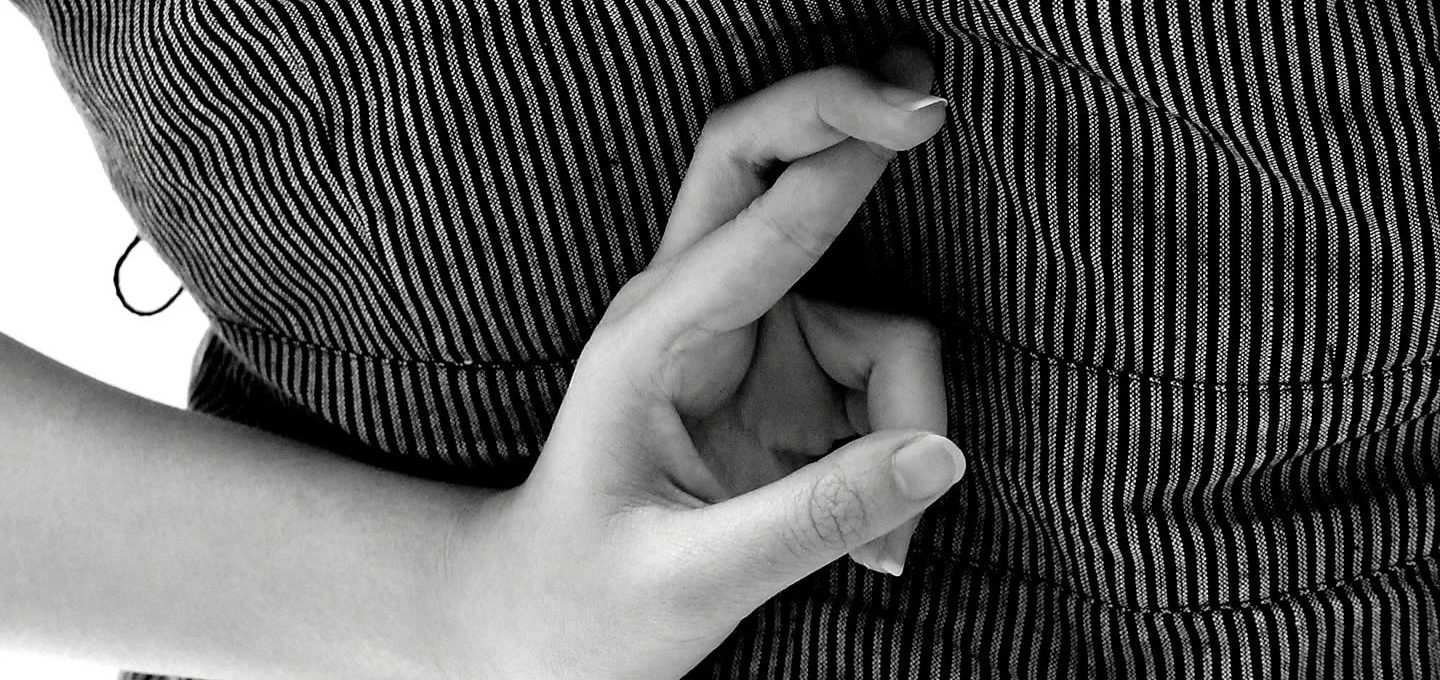We would like to attribute our own successes to skill and failures to “dumb luck”, but in reality there is an element both in everything we do. From sports to financial investment we face questions about how to attribute results and use them to predict the future – so what does science say about the relationship between skill and luck?
There is a line of scientific thought where the idea of luck simply does not exist – where our own choices combine with those made by others around us as well as regional, national, and international actors to create a specific result. If the theory of physical determinism is true then every event that occurs is entirely predictable (in principle), by someone who knows enough about the universe and its actors and laws. Some financial analysts certainly believe they can predict the future, and the success of Moneyball gave credence to the idea that such predictions could also be made in sports. However, the financial crash and constant anguish from sports fans around the world shows us that predictions are not so easy.
Conversely, if indeterministic physics is true, then such predictability is not possible – no-one, no matter how knowledgeable, can predict every event that happens, and as a result every outcome is a large part luck, with our own skill having minimal impact.
These theories of quantum mechanics extend beyond science and into the realm of philosophy and ideas about free will, but for most of us the question of luck is more about the chance of a particular sports result or possibility of winning the lottery. So is luck, as society interprets it, a question of probability?
The chance of winning the lottery in the UK is essentially 14 million to one, and the only way to improve your chances of winning is to buy more tickets – so in reality the answer as to who will win is impossible to predict – unknowable. This would be a game of pure luck by how most of us understand the problem.
On the other side of the coin, a game of pure skill is much harder to determine. Random errors can occur in most sports, with team games adding another layer of complexity where random errors can slip in. According to statistician’s Tom Tango’s “true score theory”, the score is the result of a combination of a player’s true ability and the scale of luck involved.
Michael Mauboussin, Chief Investment Strategist at Legg Mason Capital Management, explains in an interview with Wired:
“If a game is played one on one, such as tennis, and the match is sufficiently long, you can be pretty sure that the better player will win. As you add players, the role of luck generally rises because the number of interactions rises sharply.”
The true score theory offers a ranking of games from pure chance (like the lottery) to those that come towards pure skill (like chess). Chess ranks with the highest skill level as it is a one-on-one game, where every move is planned out by each player in a battle of wills, and the game involves a sufficiently large number of moves that the effects of luck are weeded out.
It follows that a game with fewer moves, or fewer plays, has results that rely on luck more than games with large numbers of moves – sample size has a major effect. In sports like basketball where there are large numbers of possessions throughout over 48 minutes, the better team is more likely to win than in sports like football, where there are far fewer possessions despite being played over 90 minutes.
Poker therefore is a tough one to categorise, and offers a conundrum to those to prescribe to the “true score theory”. Not only do you have varying amounts of players and potential moves, which makes it tough to factor luck in/out. As every move is meticulously planned out by each player, many people take this to be a sign of skill. If you look into how they receive their cards however, those moves are determined by their luck in drawing a good hand, heightening the prevalence of luck in the game. This is further exacerbated with certain efforts to heighten luck and reduce the skill element, such as burning a card in order to reduce the possibility of card counting.
The question of luck vs skill is therefore different for each sport, and the greater role of luck may be a positive or negative depending on the reason you enjoy the game. If exciting sport means the possibility of upsets then football may be the sport for you, but if you want to team win consistently (and maybe put a few quid on the game) then basketball may be a better choice.

